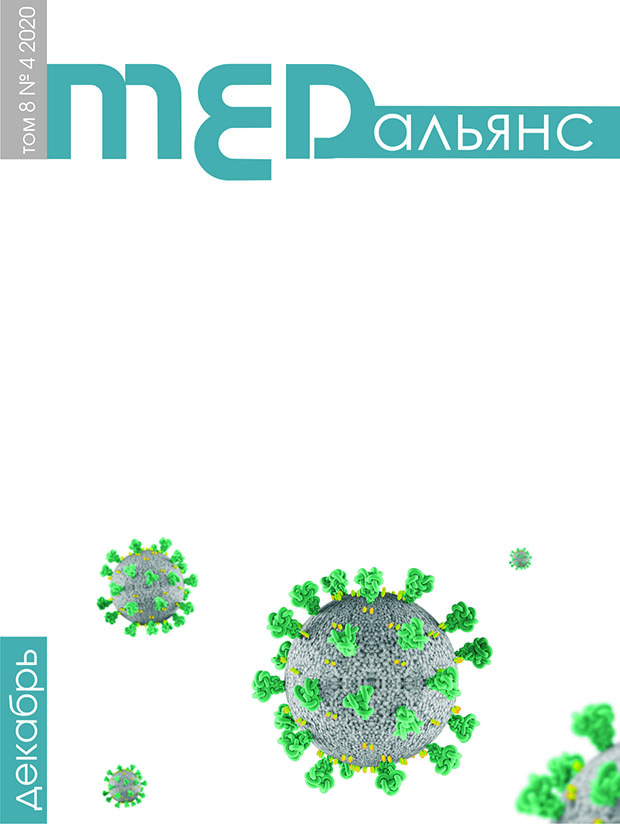Abstract
The aim of the study was to analyze the most significant factors affecting quality of life in patients with pleural effusions of various etiologies.
Materials and methods. Quality of life was assessed in 135 patients with pleural effusions of various etiologies 3–5 days after thoracoscopy with pleural biopsy. In particular, the participants completed the SF-36 (Short Form-36) Health Survey; further, the degree of dyspnea was assessed before and after surgery using the Modified Medical Research Council (mMRC) scale.
Results. Participants were divided into three groups: first, 65 subjects (48.1%) with malignant pleural effusions (MPE); second, 58 subjects (43%) with inflammatory effusions; and third, 12 subjects (8.9%) with transsudative ones. The volume of effusion in the first group was 1340.3±981.1 ml (M±?); in the second group, 770.1± 607.0 ml; and in the third group, 1524.0± 991.9 ml. The degree of dyspnea in the second group was less pronounced, and decreased post-surgery from 2.2±1.0 points (M±?) to 1.0± 1.0; while in the first group, from 2.8±1.0 points to 1.49±0.8 points; and in the third group, from 2.91 ±0.83 points to 1.64±0.67 (p=0.013). In patients with inflammatory pleurisy, physical functioning, general health and vitality levels were significantly higher. Patients with MPE demonstrated a significantly steeper decline of physical, mental and emotional health status compared to patients with pleurisy of another etiology. The indicators of the physical, psychological and emotional components were higher in men than in women, with a more pronounced difference in case of cancer.
Conclusions. Quality of life of patients with pleural effusions is decreased due to the physical component as a result of respiratory failure caused by lung compression, and it improves after draining and fluid removal. Physical health and viability indices in malignant and transsudative effusions are significantly worse than in inflammatory pleurisy.

